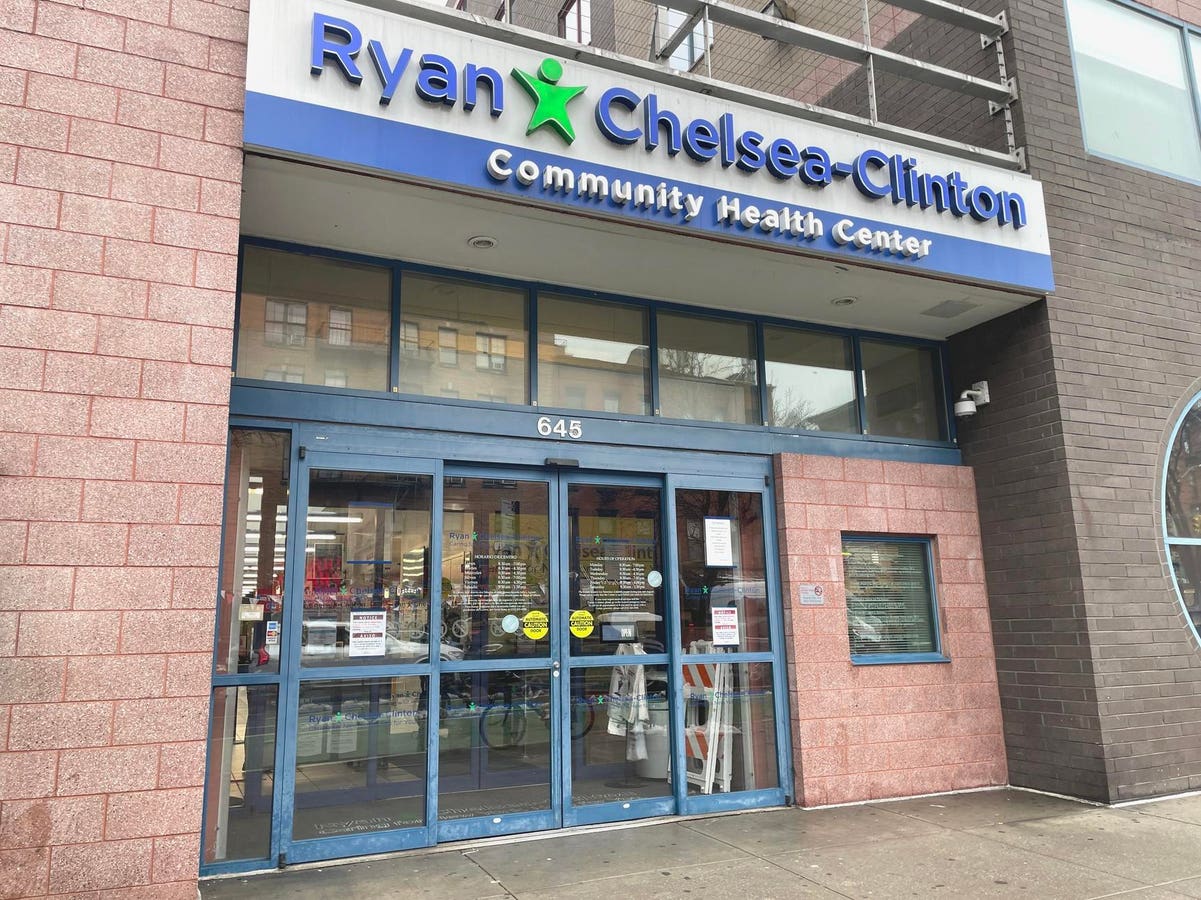Ryan Chelsea-Clinton Community Health Center located in the Hell’s Kitchen, New York City, provides … More
It has been just six months since President Trump has started his second term as Commander-in-Chief, and there have been profound changes in the healthcare landscape across America. His legislative and regulatory agenda could accelerate the decline in healthcare affordability across the United States. Here’s how health services and accessibility could be compromised for millions of Americans.
Medicaid Cuts
More than 10 million Americans will lose healthcare insurance coverage through Medicaid over the next decade as part of the “One Big Beautiful Bill”, according to the nonpartisan Congressional Budget Office. These millions of Americans are among the most vulnerable population in dire need of healthcare, as Medicaid supports children, the elderly, pregnant women and those with disabilities.
Without health insurance, individuals may be reluctant to seek care when sick, they may not go to the doctor’s office for routine checkups, and they may not be able to fill drug prescriptions to curb serious diseases. When getting emergent care, these individuals will not be able to afford the large health bills they receive since they are uninsured as Medicaid will not contribute to picking up the tab.
Rollback Of Affordable Care Act Subsidies
President Joe Biden allowed for federal subsidies and premium tax credits for middle- and low-income families who bought state health coverage on state insurance marketplaces as part of the Affordable Care Act. This aid decreased medical bills and lowered insurance premiums for the 24 million Americans that benefit from this plan. These subsidies are in jeopardy and could expire in December if congress does not renew them.
If congress does not act, millions of Americans could be forced to lose healthcare coverage altogether or be pushed to switch to higher deductible health plans that would require them to pay more out of pocket costs before receiving financial support. These changes will not just affect low-income families. The cost to middle-class and working families will be stark- some households earning around $65,000 could see annual health costs rise by over $2,300, and approximately 4.2 million people could lose health insurance altogether, according to the Washington Post.
Rising Out-Of-Pocket Costs
Healthcare costs that were once paid by health insurers could be shifted increasingly to individuals. As an example, consider COVID-19 vaccines that have traditionally been covered by the federal government or health insurers at no cost to the consumer. New federal guidelines for COVID-19 vaccines will allow health insurers to halt coverage of the vaccines, so patients themselves will have to cover the cost.
As an example, Secretary of Health and Human Services Robert F. Kennedy Jr. and the CDC have stated that COVID-19 vaccines will no longer be recommended for pregnant females. Health insurers are usually obliged to cover vaccines that are recommended by federal regulatory bodies. However, with the new federal recommendations, health insurers will be exempt from covering this service to select individuals, which will effectively shift the cost to Americans if they want to stay protected from COVID-19.
Increased Drug Costs
President Trump has announced an intent to impose tariffs in the range of 25-200% on pharmaceuticals to incentivize drug production in the United States. If implemented, this policy would be problematic since 80 percent of generic tablets consumed by Americans are manufactured outside the U.S. according to The Hill. Even a 25% tariff would increase U.S. drug prices by nearly $51 billion.
This, of course, would have devastating consequences for millions of Americans. Not only would this make healthcare even less affordable than it already is, but health outcomes would deteriorate. Many Americans would forego buying medicines, thereby exacerbating sickness and illness. Nine out of 10 people over the age of 65 rely on prescription drugs to maintain their well-being, according to the American Association of Retired Persons.
Although the Trump administration has touted executive actions that seek to improve health transparency and reduce drug costs, the broader legislative and regulatory agenda being imposed will make healthcare significantly less affordable to the average American. Many American families could lose health insurance, face higher premiums and pay greater out-of-pocket costs in the years to come.









